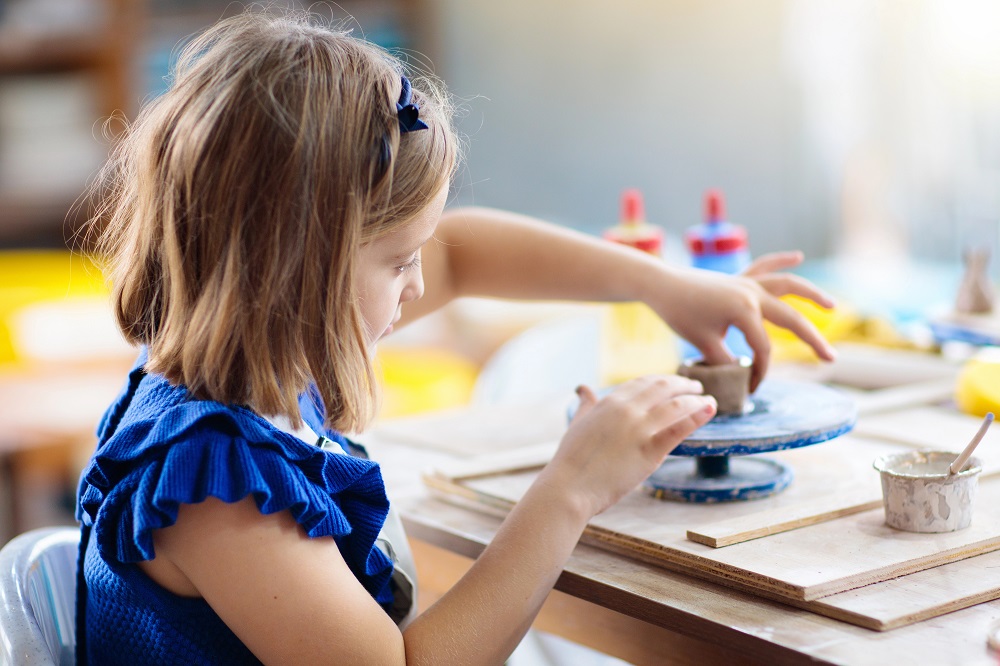Crafts and creative activities provide a multitude of benefits for children. From fine motor skill development to building confidence and providing distraction, crafts can support children’s growth and well-being in various ways. Keep reading to learn some of the key advantages crafts offer children.
Developing Motor Skills
Crafting helps children build their fine motor skills, which are the small movements of the hands and fingers. Activities like cutting, glueing, drawing, and manipulating materials like clay or playdough all involve controlled finger and hand motions. As children repeat these actions, they build dexterity, coordination, and precision in their fingers and hands. Strong fine motor skills form the foundation for later tasks like writing and manipulative everyday activities. Crafts offer a fun way for children to develop these important abilities.
Promoting Creativity and Imagination
Crafts provide an outlet for children to express their creativity and explore their imagination. Open-ended crafts with materials like paint, recycled items, paper, and textiles allow endless possibilities for them to create unique projects. As they dream up ideas and problem-solve to turn materials into finished works, children flex their innovation and mental flexibility. The sense of pride in completing an original project boosts their self-confidence as well. Crafting builds key cognitive skills and creative thinking that children carry into the future.
Providing Distraction
One of the most valuable benefits of crafts is that they can provide a positive distraction for children facing challenges. The focused process of creating absorbs their attention and takes their mind off worries, stresses, or sources of anxiety. This is particularly true for foster children fostered with agencies like Foster Care Associates Scotland, as these children have often had to deal with trauma and instability. Absorbing crafts can act as a therapeutic distraction to help them regulate emotions and build coping abilities. The satisfaction of finishing a craft project also gives an uplifting sense of accomplishment.
Teaching Focus and Patience
In addition to fine motor skills, crafts develop a child’s ability to focus and exercise patience. Most projects involve following step-by-step instructions and putting time into careful work. Children learn to control their impatience and distractions to see an activity through to the end. Completing the process teaches them valuable concentration skills and helps build their attention span.
Building Self-Esteem
Because they produce a tangible end result, crafts give children a great sense of achievement. Seeing the final product they have successfully created boosts their confidence and self-esteem. This motivates them to tackle future challenges with the belief that they can succeed. Crafts also allow children to personalise projects and express individuality, encouraging a healthy self-image. Displaying finished crafts proudly reinforces this as well.
Craft Ideas to Try With Your Kids
16 Hot Air Balloon Craft Activities for You and the Kids
DIY Stone Art
12 Adorable Mushroom Crafts for Kids
Easy Mouse Sewing Project For Kids
10 Pumpkin Crafts for Kids
Encouraging Bonding and Sharing
Doing crafts together offers a chance for caregivers and children to bond in a positive shared activity. Laughing together over messy moments or collaborating to problem-solve brings a spirit of closeness and enjoyment.
From fine motor skills to imagination to self-esteem, crafting offers wide-ranging benefits for a child’s growth and well-being. Crafts provide a screen-free activity that absorbs attention while teaching focus. The process allows children to gain confidence as they create unique projects to share and display with pride.

